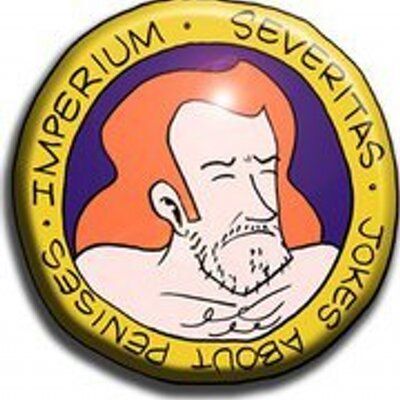

How did you kn… uh I mean, nuh-uh!


How did you kn… uh I mean, nuh-uh!


So many nerdy references, it is masterfully crafted with love!
Like when he finishes charging early in the movie, he makes the Macintosh boot-up sound. It’s so easy to miss those kinds of things, but when you notice them, you really appreciate them.

Breaking Bad was like that - like a love letter to the viewers. So very many shows, most even, just don’t give a damn and instead are purely about profit, like Game of Thrones (I hear, never having watched that one), where you can see such things as Starbucks coffee cups or plastic water bottles that break the immersion.
So it makes Wall-E all the more special to have been crafted so extraordinary well.



God made dragons and eldritch monstrosities the likes of which horror shows can only try to emulate.

:max_bytes(150000):strip_icc()/dragonfish-580a19093df78c2c732e35ff.jpg)



But yeah I guess dino bones are cool too? :-P


Hey I have an idea, let’s put him in charge of… “Technology”?
Are we so certain that it is not a toilet paper roll? :-P
Let’s see what is left to cover…
You guys have whole entire inches from the wall to spare?


Indeed, I find that if we don’t take care of ourselves, we become a burden to others and can’t help anyone, so that’s so important to remember (that if we want to help “others”, it has to start with ourselves).


A finger to sit on? How wonderful? 👍
Wait… you guys have bathrooms?!


*I* do not, and if there’s one, then surely there’s more like me? :-P
Moreover, I think it’s impressive that you have dedicated so much of your efforts to improving people’s experiences here on the Fediverse. Even if people disagree with you on some point - which for myself I am aware of nothing but even if there were - that would still be true. You probably don’t get thanked often, so I offer it, and I hope that you will accept.
But also, I hope that you find a way to show kindness to yourself too:-). Our families may have royally fucked us up for life, but we can do different, for ourselves! Or at least, I very much (desperately) hope that can be true.


Ikr, like did he work for Boeing or…? :-P
He definitely had “character” though, as someone who faced death, multiple times, and had to stare at it and let it change him, to focus his efforts on stuff that really matters in life. (anti-capitalistic principles I guess?:-D)


Thank you for sharing this story.
Since GamerGate was mentioned, here is a link to Innuendo Studios’ analysis called “Why Are You So Angry?”, although I prefer its more broad sequel “The Alt-Right Playbook”.
Though without the kind of linked personal stories, so many people would not be receptive to hearing such analyses, so they both are kinda necessary. :-)


Damnit, physics wins again!

Okay, you now know what your next drawing target should be - get quacking!


Oh man, some written phrases you can just hear!


Maybe if it did a little more LDS, it would understand:-).


As an aside, perhaps that speaks to just how great Gene Rodenberry was to have created the show in the first place? Here’s an awesome comic about him.


Data and Spock are the same person, I knew it!? 😂


He scares me… thinking that he means it literally!?

Removed by mod